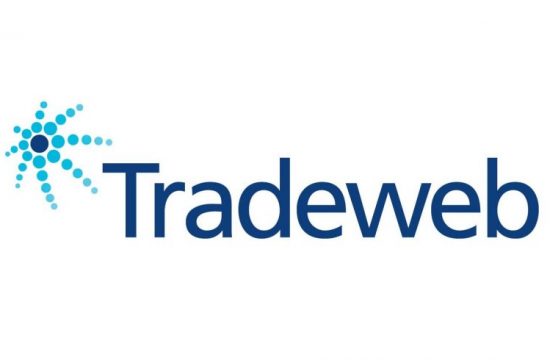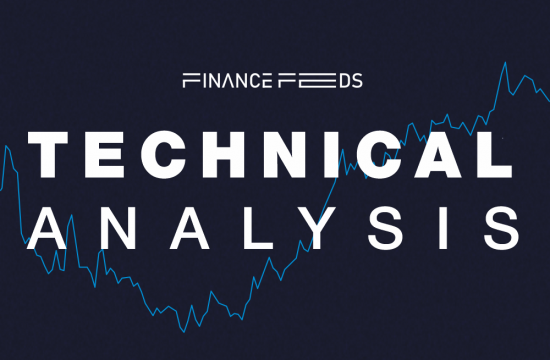Banque de France Governor Francois Villeroy de Galhau has floated the idea of forcing crypto firms to get a fully-fledged licence even before the upcoming EU regulations take effect next year.

The head of central bank supports the proposal of some lawmakers that would do away with a grace period that the country offers to crypto platforms.
“All the disorder in 2022 feeds a simple belief: it is desirable for France to move to an obligatory licensing of DASP as soon as possible, rather than just registration,” said de Galhau.
Bank of France governor has called on lawmakers to start working on fresh crypto regulations to protect the financial system after the collapse of the FTX exchange.
At present, more than 60 crypto platforms are allowed to operate in the country without a full license until 2026, meaning they can provide their services with minimal checks. The new proposal would require firms to gain a full license from the Autorité des Marchés Financiers (AMF), starting in October.
The governor of France’s central bank says the country needs to bring these stricter rules up to speed with the Markets in Crypto Assets (MiCA), which the European Parliament will likely vote on later this year.
“The recent bankruptcy of FTX has highlighted the risks inherent in any investment in crypto assets, especially when the company operates outside of any regulation. These concerns, including for financial players, are shared at the European Union level,” he wrote.
A member of the Senate’s finance commission also said the country needs to reconsider its easy licensing regime for digital asset providers. Hervé Maurey, who chairs the committee on regional planning and sustainable development, proposed an amendment to current legislation to eliminate a clause that enables crypto platforms to operate without a full regulatory licence.
The much-debated Markets in Crypto Assets bill, or MiCA, includes a 12-18 month adaptation period to prepare for the new laws set in place, which means that the laws could take effect in full at the start of 2024 at the earliest. The EU-wide regulatory framework will grant passporting rights for crypto firm working across the continent.
President of the European Central Bank, Christine Lagarde, also called for MiCA II to regulate activities related to crypto asset-staking and lending. The term refers to an additional legislation building on the work lawmakers did for the original bill.












